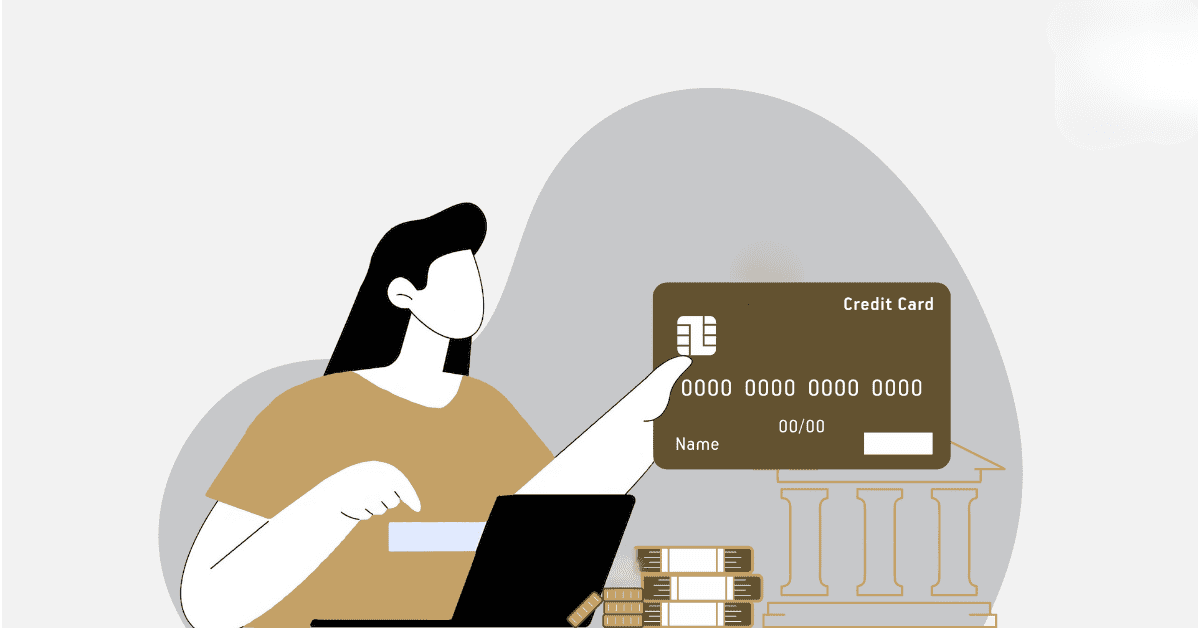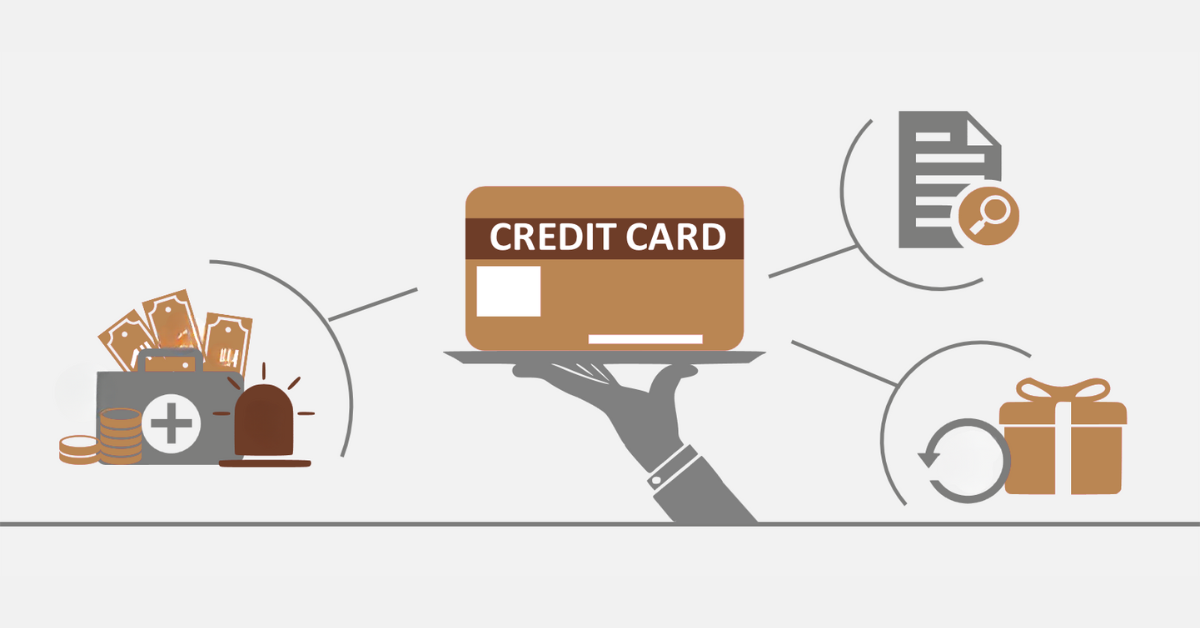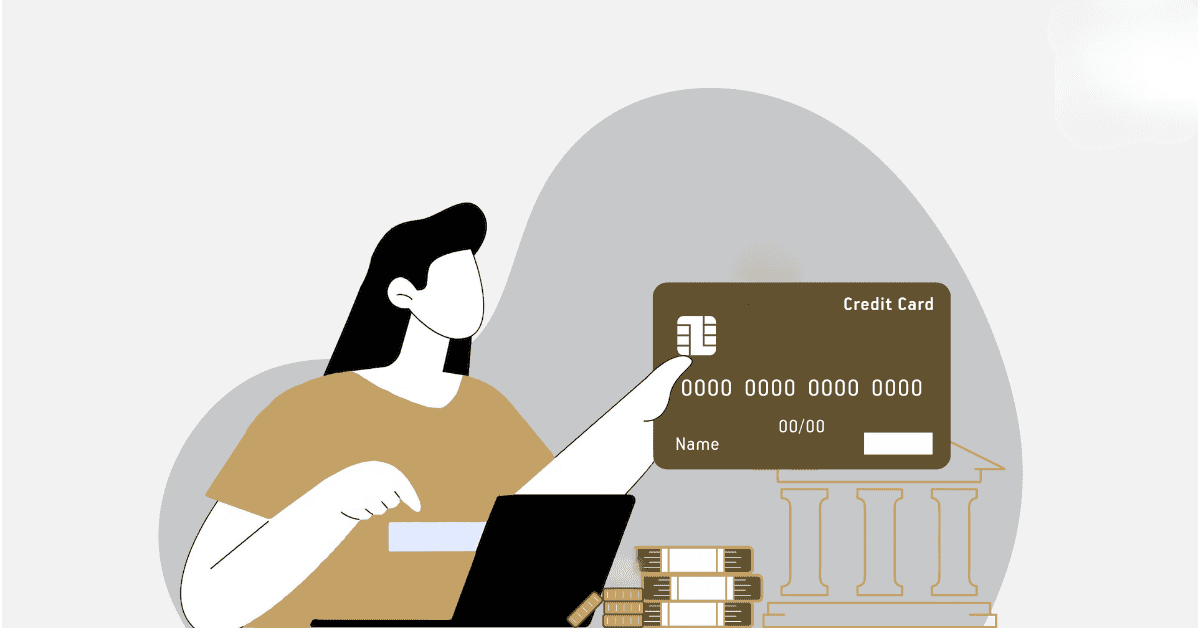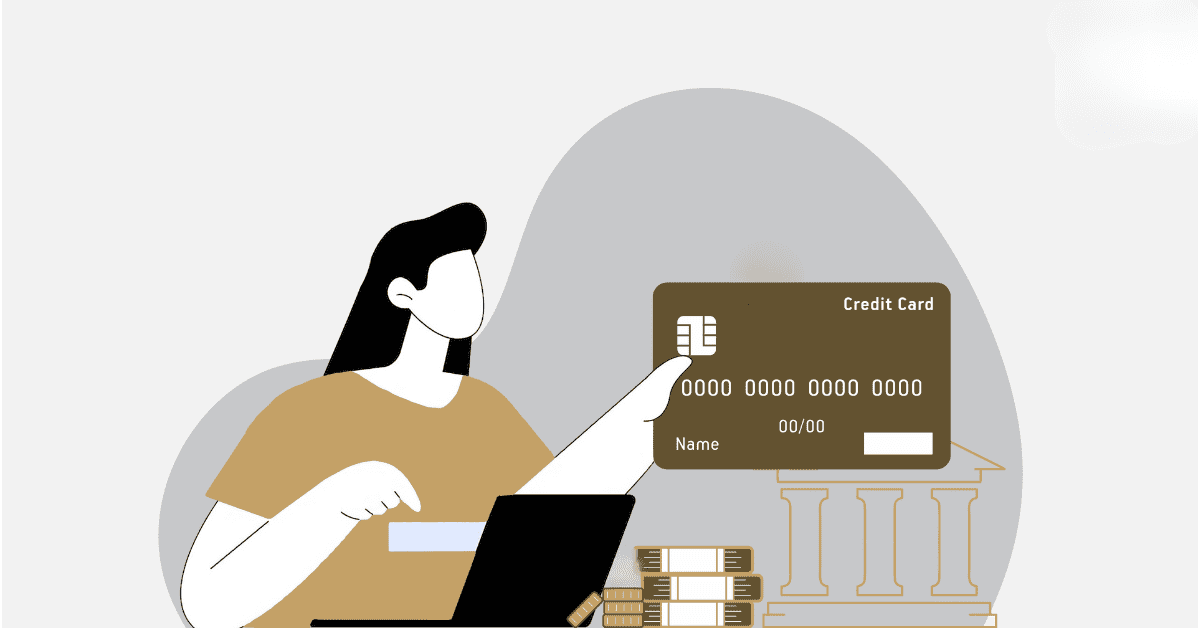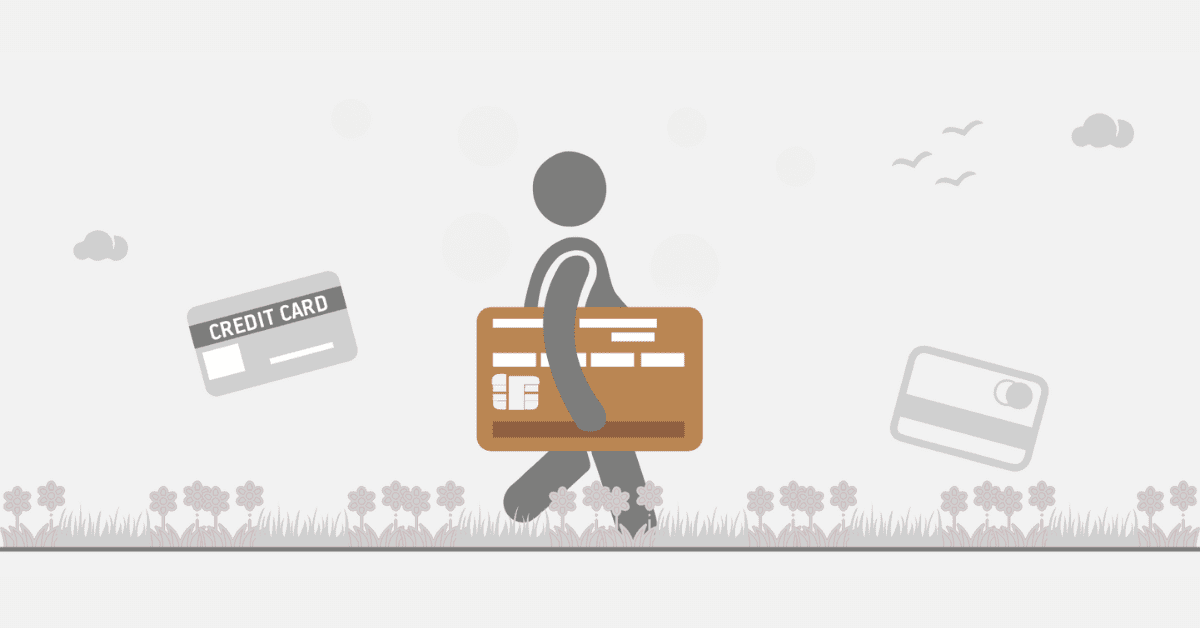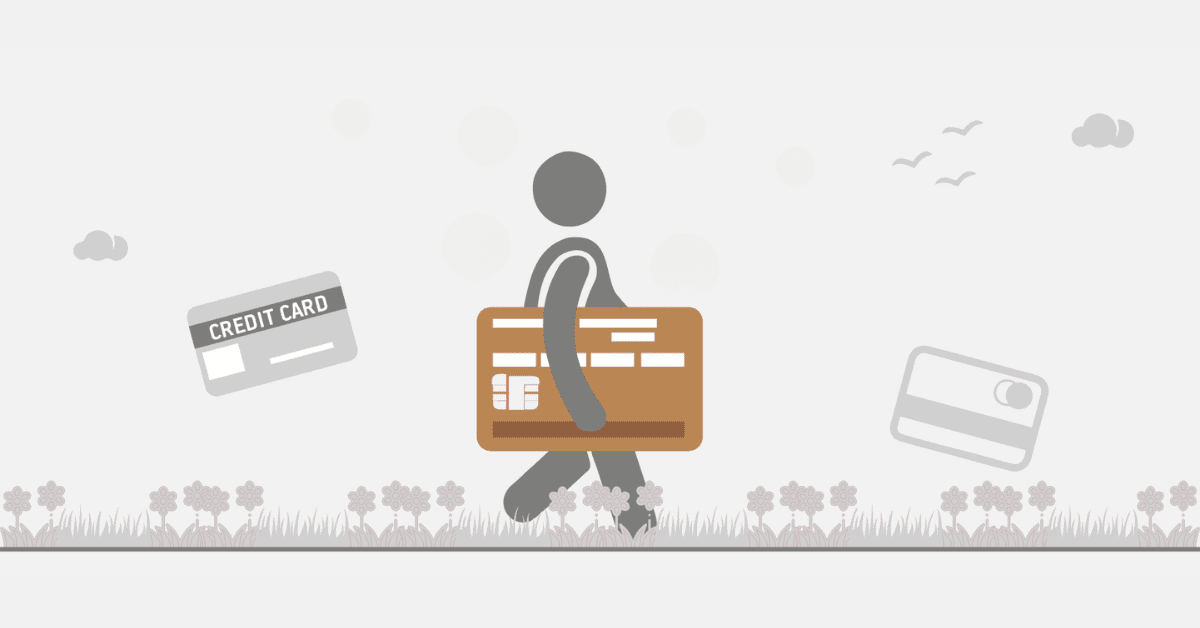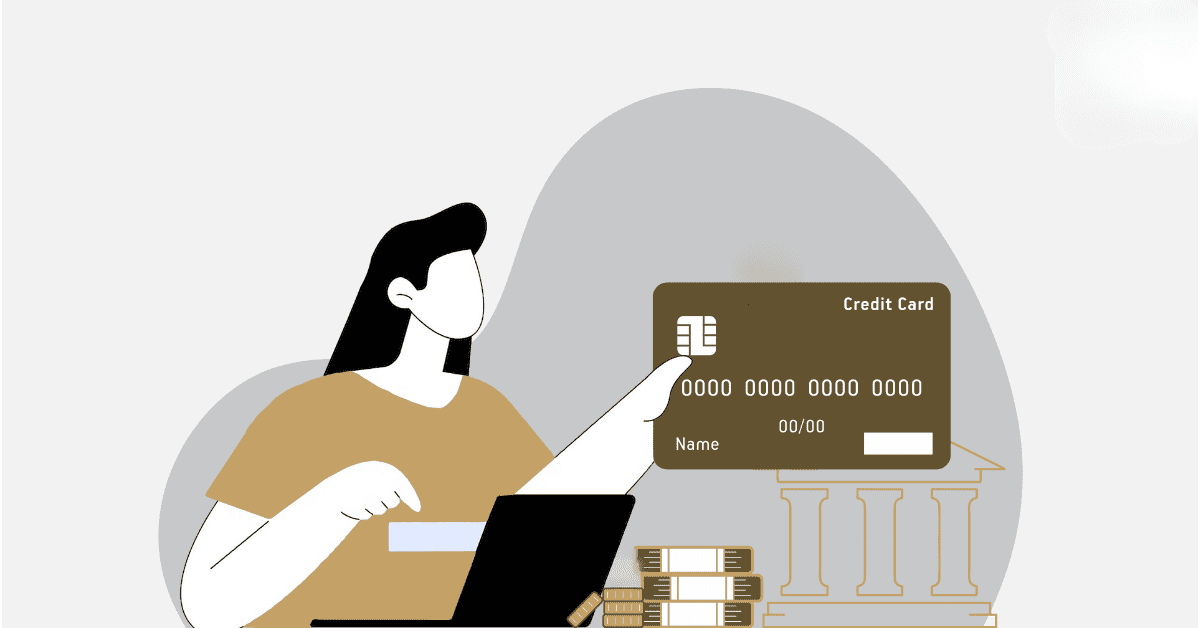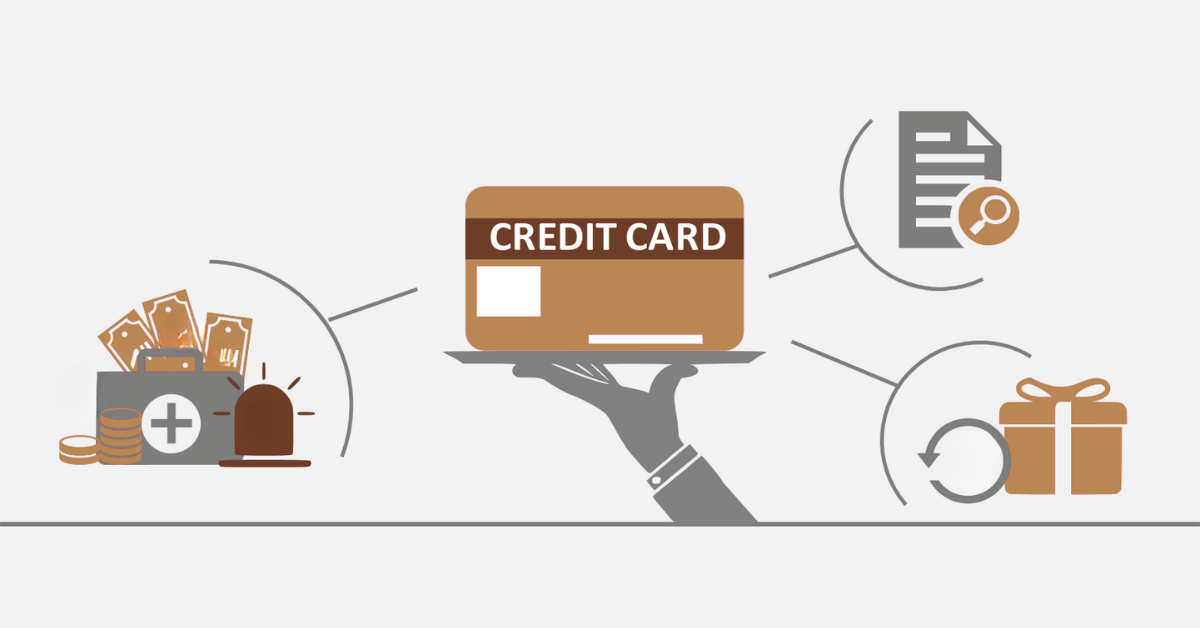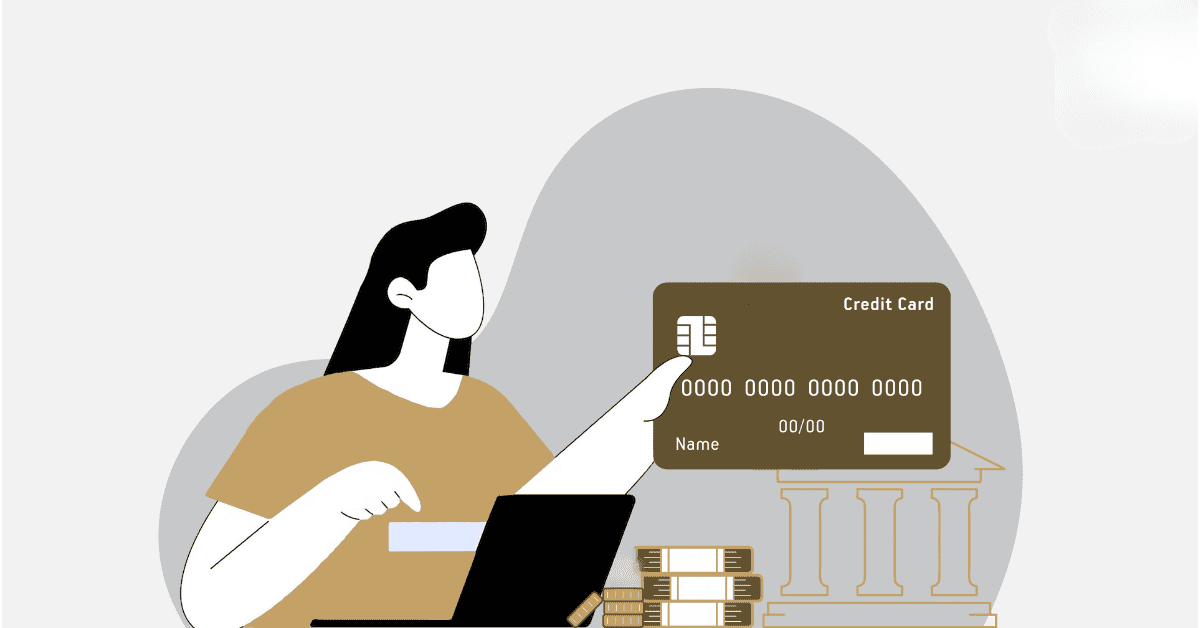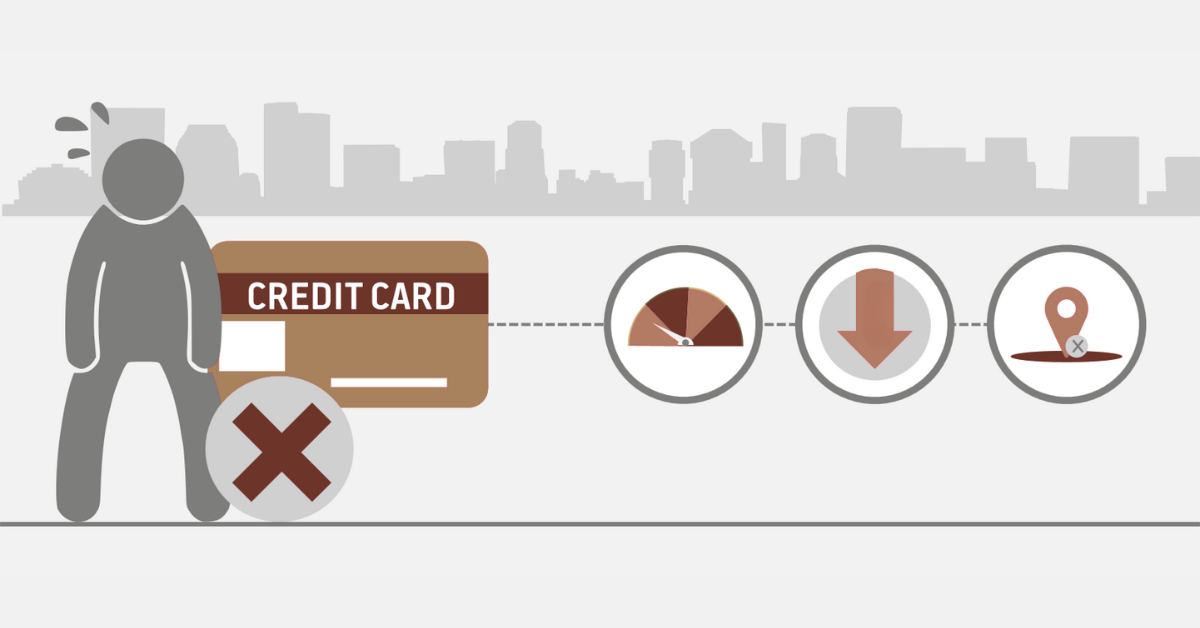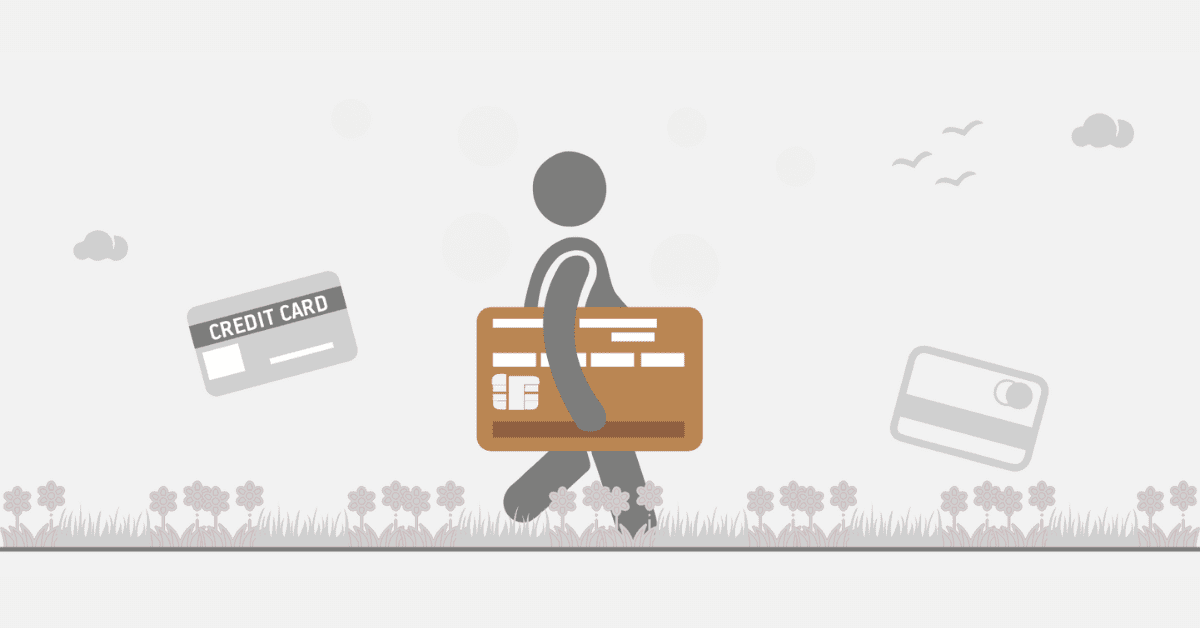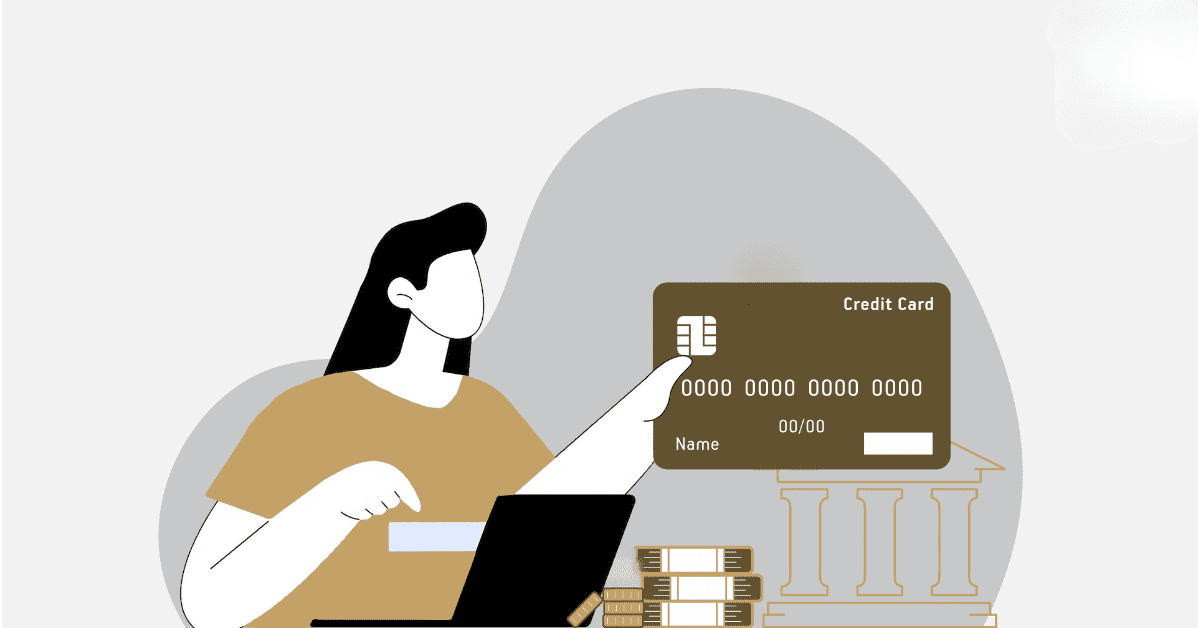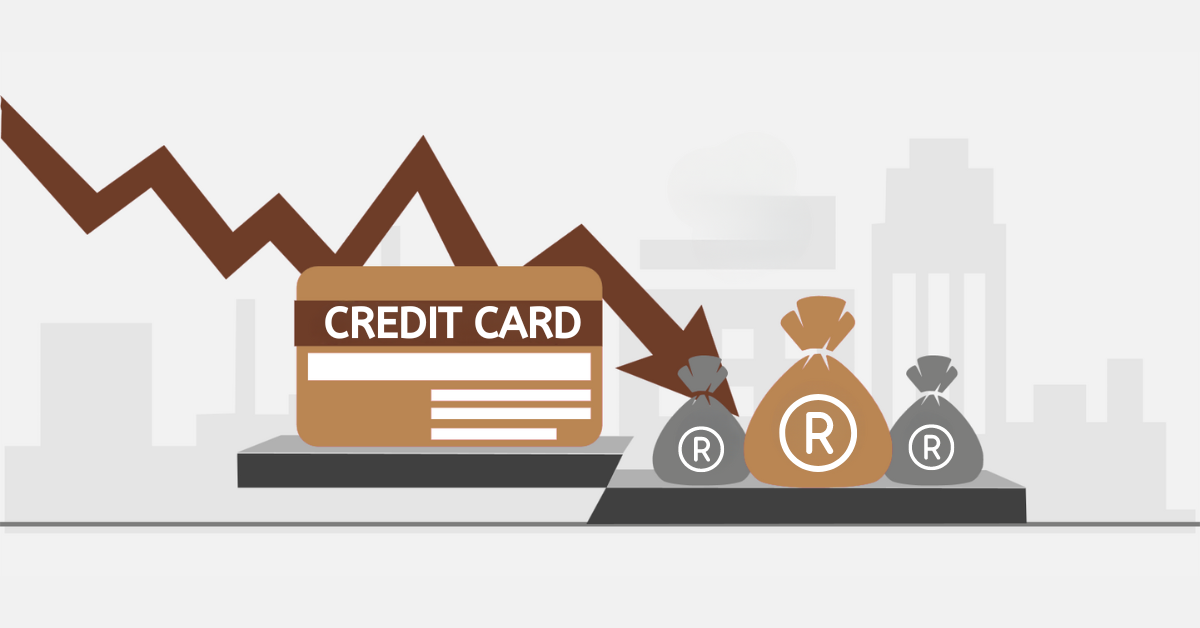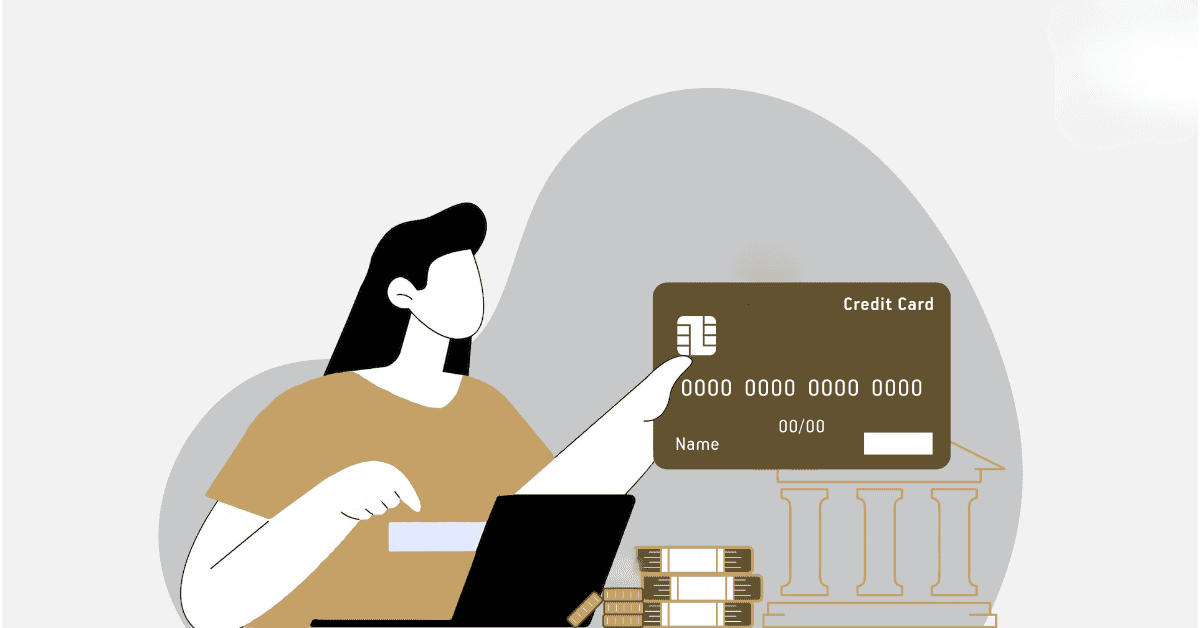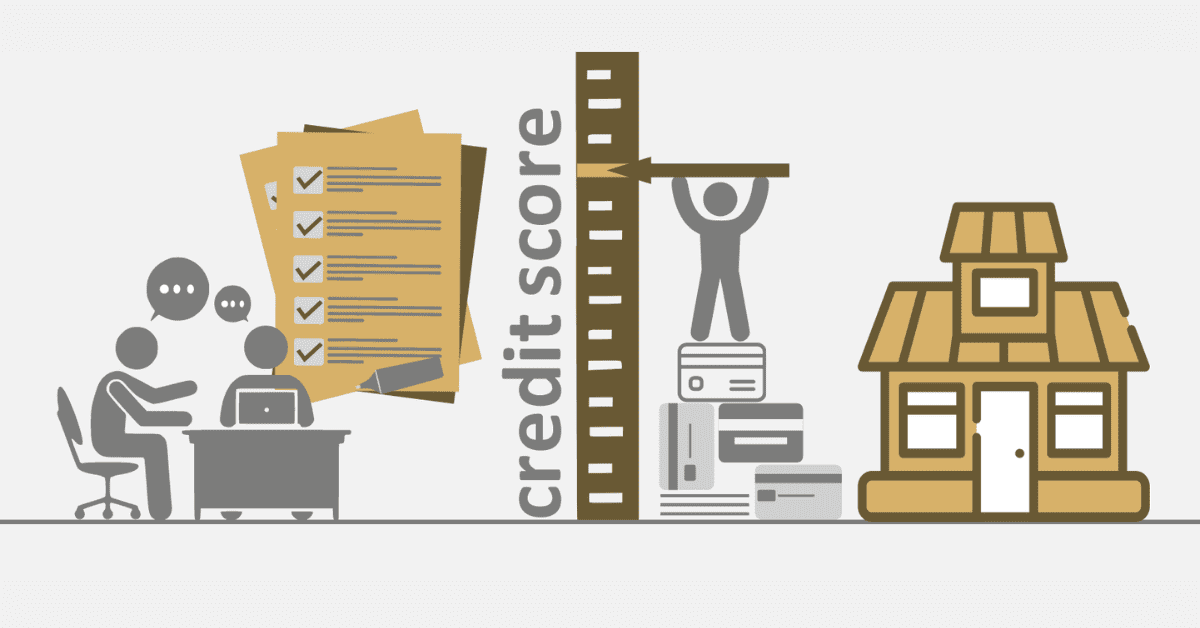Protecting personal financial information is extremely important in the digital, interconnected world. Like many nations, South Africa is equally vulnerable to cyber crimes, just like other nations. The guide starts with discussing the matter of diligence and the need to apply a strict security system. It emphasizes an individual’s position to play an active role in securing their card numbers
How Can I Keep My Card Details Safe Online?
One of the effective ways to ensure your card information remains safe on the web, particularly in South Africa, is utilization of a multi-tiered strategy as discussed:
- Use Strong Passwords: Create passwords that mix letters, figures, and symbols. Stay away from using guessable information like birthdays or common terms.
- Enable Two-Factor Authentication: If it’s technologically feasible, provide a second layer of security using 2F authentication.
- Monitor Your Accounts: Ensure you frequently monitor your statements for unrecognizable transactions.
- Secure Connections: Buy only on shielded sites with https in the URL and a padlock icon in the address bar.
- Be Wary of Public Wi-Fi: Do not perform financial transactions over shared wireless internet networks.
- Keep Software Updated: Choose trustable antivirus and anti-malware apps. Also, keep them up-to-date.
- Educate Yourself: Be cautious of common phishing techniques. Also, don’t click on links that are unfamiliar or come with attachments.
- Virtual Cards: Online shopping may be safer when using virtual card numbers.
Adopting these measures will help you maximize internet card security. Remember to be alert and updated about the latest security risks to prevent the disclosure of your financial data.
What Is The Best Payment Method To Avoid Getting Scammed?
Transparency and reliable payment gateways are the most secure payment modes against scamming, especially in South Africa. Cards with credit benefits are preferred because they provide fraud protection and allow for the disputing of unauthorized transactions. Those well-reviewed online payment services with a history of secure transactions are also a safe way of making transactions.
It’s advisable not to use unusual payment methods or wire transfers, as they might be riskier and do not ensure the same level of protection. Always do your homework and familiarize yourself with the supplier or service provider’s user ratings and reviews. Make sure that their payment process is transparent and has a well-documented history.
While entering your personal information in any payment, do so cautiously and look for any unsolicited messages, emails, and phone calls requesting financial information. Be careful about opening links or attachments from doubtful sources, and never give out your personal or financial information unless you’re sure about the rightful recipient. Implementing these measures will help you reduce the chances of scams in your financial transactions.
Is It Safe To Give The Card Number And Cvv Online?
Sharing your card number and the CVV on the Internet is secure if done on reputable websites or over secure platforms. Below are some tips to guarantee the safety in South Africa:
- Use secure websites: A protected page must start with “https.” A padlock icon must also be in the address bar, indicating the connection is safe.
- Use trusted merchants: Choose reputable companies that have proven trustworthy in keeping their client’s information confidential.
- Avoid public Wi-Fi: Shared networks are less secure, making the data easily snatched by cybercriminals. Make sure that you connect to a safe and private connection when you intend to enter your payment information.
- Monitor your accounts: Make a habit of looking at your bank statements often and identifying unauthorized transactions.
- Consider additional protection: Leverage the services that generate virtual card numbers so that you can optimize your online shopping security.
How Do You Prevent Credit Cards From Being Scanned In Your Wallet?
To save your credit cards in your wallet from getting scanned, especially in South Africa, where contactless card fraud is considered the biggest concern, you can do the following:
- Use RFID-blocking wallets. These options are built to intercept RFID scanners. They are indispensable in ensuring that the signals used by fraudulent access cannot reach your credit cards.
- Stack your cards: Cracking several RFID-enabled cards together can cause a signal blockade. The primary advantage of this is that it makes it impossible for scanners to read the data on individual cards.
- DIY shields: To interfere with the scanner signals, cover your plastic cards with aluminum foil-based material or wrap them between cardboard walls.
- Card sleeves: Buy RFID-blocking sleeves to prevent your charge plastics from being cloned in real-time.
- Limit exposure: Keep the important charge cards with you and leave RFID-enabled plates at home unless required.
